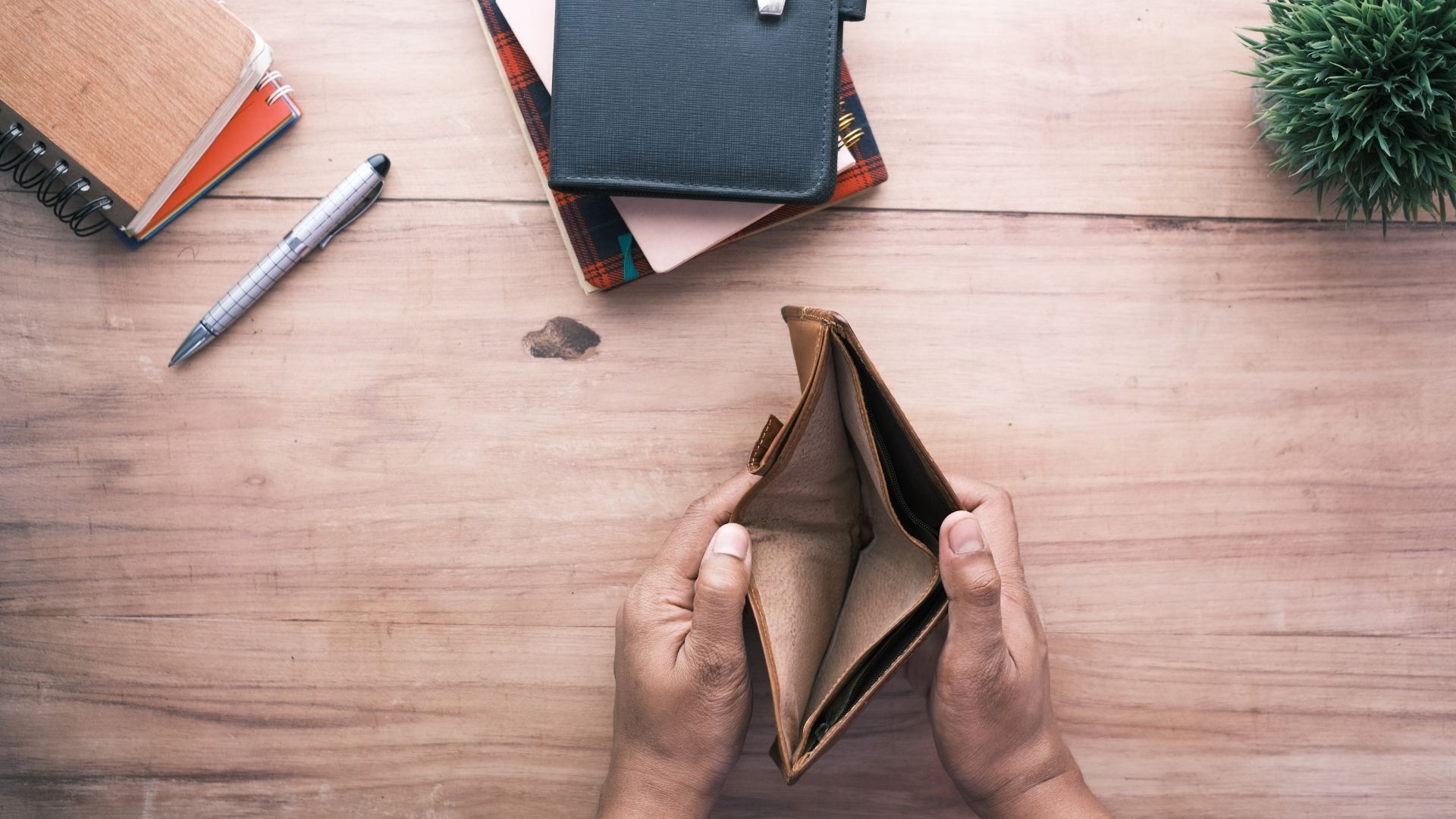Should You Keep a Small Balance on Your Credit Card?
The good people over at Nest Wealth published an article called “The Worst Money Advice We’ve Ever Heard”. On the list was “Always keep a small balance on your credit card”. What they have to say on the subject is spot on:
Someone, somewhere, starting telling people that keeping a small balance on your credit card is a good idea… and unfortunately it stuck.
Man is that terrible advice. Why would you want to purposely pay interest on something when you don’t have to? People claim it helps your credit score, and although credit utilization is a factor in determining your score (the balance on your card versus your credit limit), the idea that carrying a balance month to month helps you out is a myth.
Paying your bills on time every time is one of the best things you can do to keep your credit score up.
So although the idea of carrying a small balance to build your credit is nonsense, it is however a good idea to use your credit card at least once every 3 months (even if you don’t have to). This will ensure the trade line is being reported to the credit agency and the card remains active.
If you have any other questions about your credit, or you would like to discuss your personal financial situation, please don’t hesitate to contact me anytime!
The post Should You Keep a Small Balance on Your Credit Card? appeared first on Dan Caird.

DAN CAIRD
Mortgage Agent | DLC
RECENT POSTS


CONTACT ME ANYTIME!
Thank you for contacting me.
I will get back to you as soon as possible
Please try again later
Dan Caird. All Rights Reserved | BRX Mortgage. Privacy and Content Notice.



